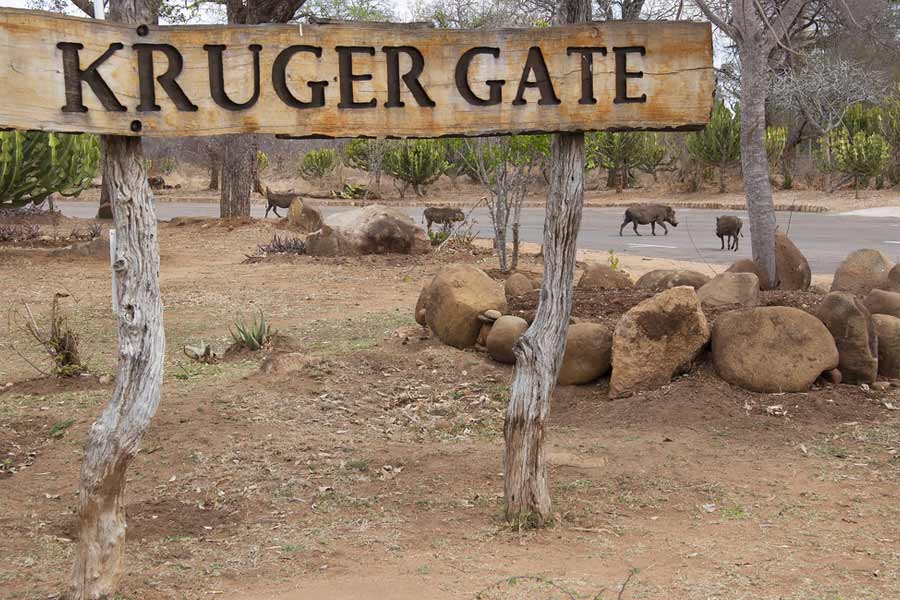Nearly half of South Africa’s world-renowned Kruger National Park (KNP) will be burnt in controlled fires to protect the ecosystem after floods and heavy rains this season.
KNP officials said the controlled fires were a normal practice at this time of the year.
“As the August dry season slowly approaches, this is how we ensure that the burning is managed – but we continually look for ways to contain wildfires,” Tercia Strydom, an abiotic scientist with KNP, told The Citizen daily.
“This is because fires are primarily driven by how much grass is available. Fuel load depends on how much rain fell in the preceding growing season.
“KNP experienced an exceptionally wet growing season this past summer and the veld has responded by producing high fuel loads. We are, therefore, anticipating an increase in fires this winter,” Kruger said.
The controlled burning is done in mid-winter to reduce the potential of wildfires in summer to keep the savannah ecosystem healthy.
As one of the largest and oldest game reserves in the world, KNP is one of the most popular tourist attractions for overseas tourists, most of whom come during the summer months due to the bitterly cold winter weather.
This year, about 40 per cent of the park will be subjected to controlled burning of the dry bush.
Strydom explained that KNP had one of the most fire-dependent systems.
“It controls the density of the trees we have and provides nutrients for plants.” She also said that satellite technology has played a huge role in containing fires that could have been started by lightning, visitors or poachers.
“When we do start deliberate fires, we always check the weather. If we plan to have a controlled fire, we check on technology to predict which direction it would go, while we monitor fires throughout the year. Every month we use satellite imagery,” Strydom said.
Scientists have previously noted how savannah plant species are dependent on fires for their continued growth.
Except for the headline, this story has not been edited by The Telegraph Online staff and has been published from a syndicated feed.











